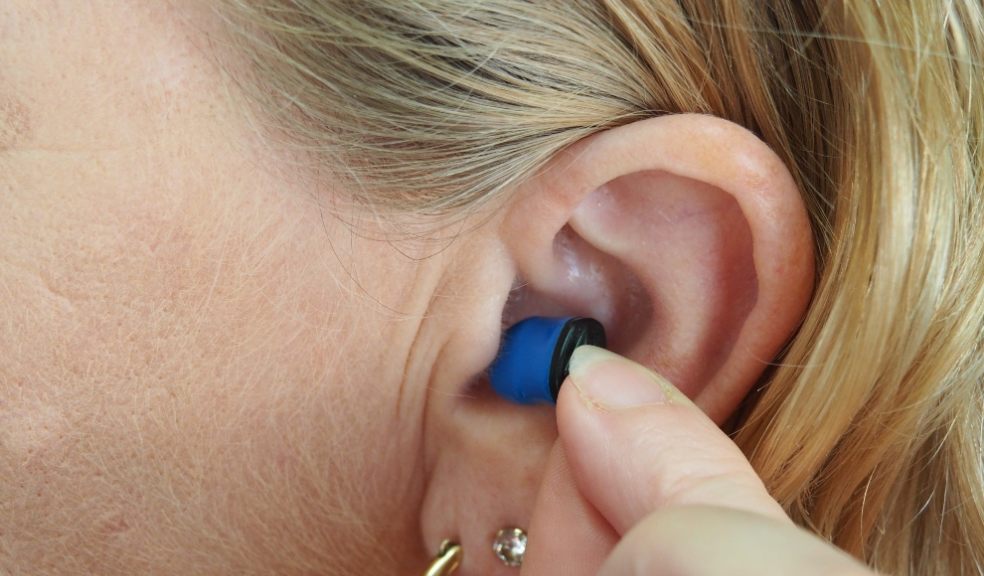
Brits could be enduring unchecked hearing loss
Boots Hearingcare, the leading private hearing care provider in the UK, is calling on Brits to improve the quality of their life, with the business estimating that as many as FOUR MILLION people are enduring the early signs of hearing loss unnecessarily.
An early 2020 study showed that there were 11 million people with hearing loss in the UK - a number that is estimated to grow to 14.2 million by 2035 - while approximately 8.8 million of that figure already are seeking support and help, either through the public or private sector.
RNID - the national hearing loss charity - also reports that, in the UK, more than 40% of people over 50 years old have hearing loss, rising to more than 70% of people over the age of 70.
Prior to the pandemic, statistics showed that, on average, people waited 10 years to seek help for their hearing loss - a figure that Karen Shepherd, director of professional standards at Boots Hearingcare, shows there is an ongoing misunderstanding about how easy and beneficial it is to seek support with hearing care.
She said: “Certainly since the start of the pandemic, people have become far more reliant on communicating with others at a distance and through digital platforms. That’s brought home just how important it is to be in touch through communication and to be able to hear, now so more than ever before.
“However, the profession is still battling a huge stigma that hangs over it. People are not informed about the benefit of regular hearing checks and see it as a low health priority more so now because of what is happening around the world. However, what that means is that millions of people are living with hearing loss unnecessarily.
“A Lancet report has shown how important early intervention is and by acting early, we can delay the effects of hearing loss, provide support and guidance, and also ensure a good quality of life.”
What are the signs you could are living with hearing loss?
The six clear signs that someone is potentially struggling with hearing loss include:
- Turning up the volume on the TV too loud
- Lip reading during conversations
- Asking someone to repeat themselves frequently
- Avoiding social situations
- Blaming others e.g. telling someone they speak too quietly
- Avoid speaking on the phone
Speaking about this, Karen Shepherd said: “Typically, most people will just cope with hearing loss. It deteriorates very slowly, so people just manage it over time.
“It starts by asking someone to repeat themselves, or by turning the television up a little louder than you normally would, but at some point, it gets to a stage where someone is beginning to avoid situations they would normally be in, like socialising, which can have a significant impact on a person’s mental health.
“Over a period of time, there is a realisation and a point where there needs to be an intervention and that’s usually when the people around someone with hearing loss begin to notice and their enjoyment of talking with others has really reduced.”
What effect can hearing loss have on your life?
While the aforementioned social and mental effects sit highly on the agenda, there are several other negative impacts hearing loss can have on an individual’s life.
These include:
- Access to fewer educational and job opportunities
- A drop in self-esteem and confidence. It can also make some irritable, negative, and angry
- Frustration from loved ones
- Stress on other senses that are being used more to compensate for the hearing
- Reduced awareness, increased fatigue, and an increased risk to personal safety
- A weakened memory and difficulty learning new tasks
Karen Shepherd added: “We want people to start getting their hearing tested really regularly, establish a benchmark of their hearing, and as soon as a decline is noticed, conversations can be started early in order to intervene with that.
“Mental and sensory health is just as important as our physical health and, as an example, if you do start to lose some of your high-frequency hearing - a natural way someone’s hearing might deteriorate - and you start to mishear certain words, that’s something you can cope with for a while.
“However, on the flip side, you’re using other cognitive senses to try and identify what that word is. Over time that can cause fatigue, neural changes, and cognitive decline.
“Research has shown that be intervening early that can be delayed. Most importantly, you retain your confidence in communicating. You also maintain your mental health wellbeing and social engagements, rather than finding yourself in a situation where you are trying to decipher something someone has said or not being part of something because you can’t hear properly what’s going on.
“It makes a significant amount of difference to an individual’s life.”













